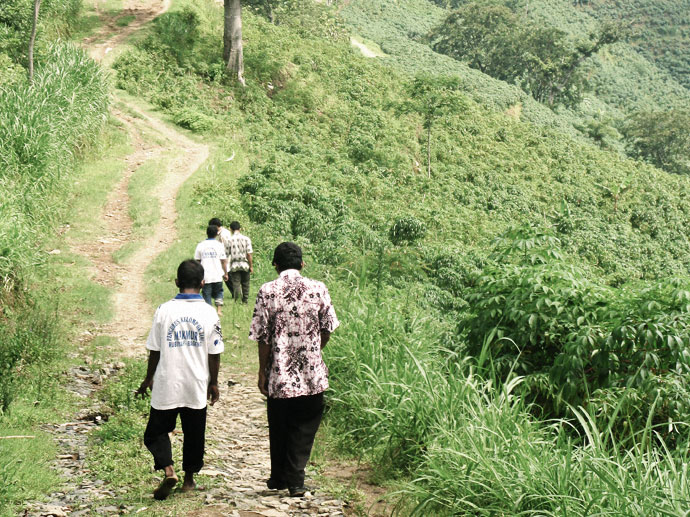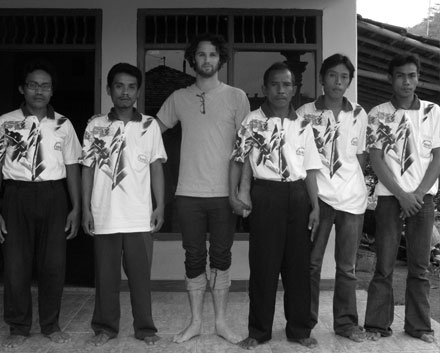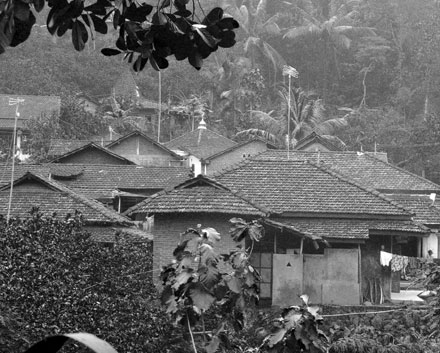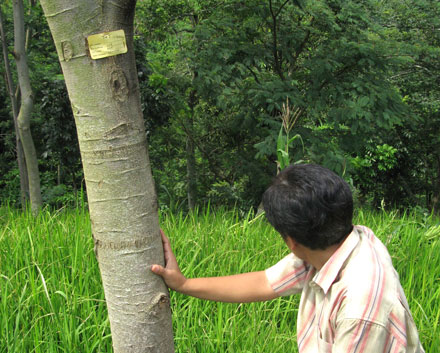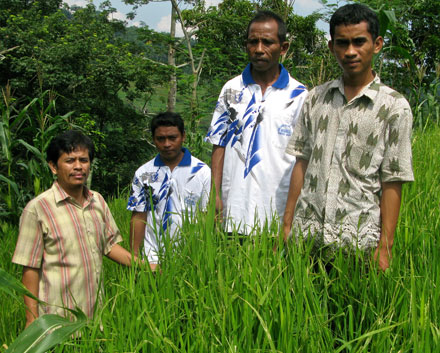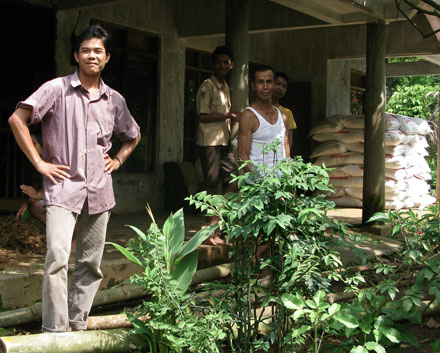The following is a story I wrote for Emily D’Ath’s blog focusing on “working, living and breathing Sustainability. The post was published October 24th 2011 and and titled “The green in Michael Perry”. This is a story i wrote based on my first field trip with Trees4trees deep into a remote community of Central Java.
Emily’s been working, studying, living and breathing all things sustainable for my entire adult life. Emily has worked in the areas of cross-cultural relations, corporate social responsibility and community development and has been lucky enough to work in Australia, China, Laos, Thailand and Malaysia. It was a pleasure to have Emily present my story. You can follow Emily and here latest project working with the Antarctic Ocean Alliance here
I have been back and forward to Indonesia for 3 years, working in the furniture industry. Here’s a story of a grassroots NGO I’m associated with called Trees4Trees™ who work with communities to provide sustainable livelihoods while fighting deforestation one tree at a time.
Having worked with furniture and homewares from Indonesia for over 10 years, the question of where and how materials are obtained is one I have found hard to ignore. The sad thing is that I would always be fed the same stories about where materials come from, some true and some false. It wasn’t until I spent 12 months in Central Java overseeing a furniture factory that I began to understand the situation more clearly. It is often poverty and lack of alternative livelihoods that are pushing people to log illegally. Also, there are so many transactions from when a tree is cut, to where it ends up, that the chain of custody often gets lost, unless it is meticulously tracked. It became obvious to me there is one way to stop illegal logging and deforestation, and that is to make it profitable and rewarding for the people at the grassroots of the logging industry. So when I learned of the Trees4Trees™ program I was intrigued to find out more, and jumped at the chance to tag along on a field trip to meet the people making it happen. In a nut shell:
Trees4Trees™ is a non-profit foundation established in Indonesia by responsible furniture manufacturers and their customers worldwide. Trees4Trees™ empowers local communities through partnership reforestation initiatives and related education programs. By increasing the area of community planted and owned forests, livelihood assets are created, the negative effects of deforestation are reduced and the environment is renewed.
Here is a glance of a day I spent with the people at Trees4Trees™.













